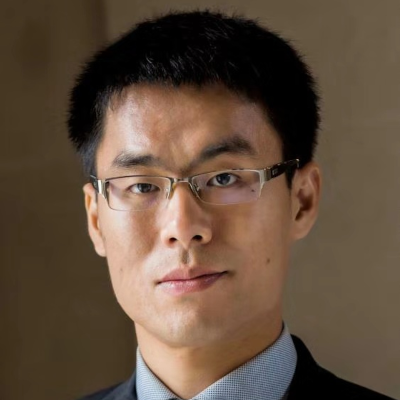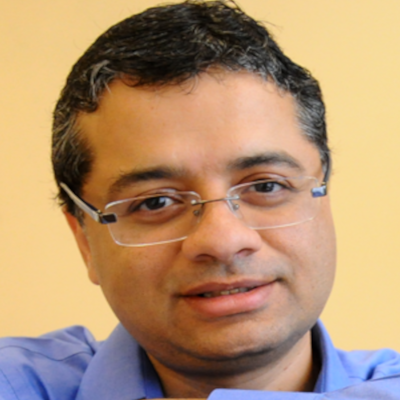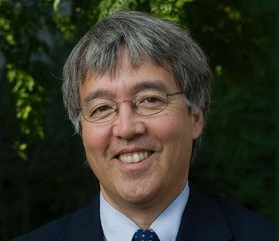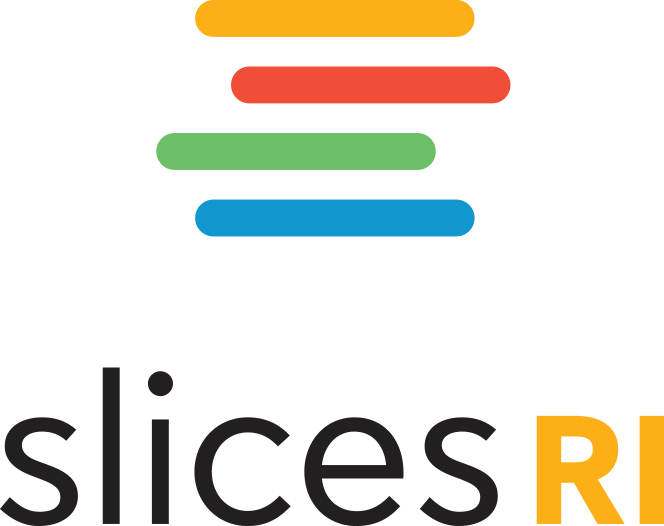
Keith Ross
speaker
Keith Ross is a Professor of Computer Science at NYU Abu Dhabi. He also holds affiliated appointments with the Department of Computer Science and Engineering at NYU Tandon, with the Department of Computer Science at the Courant Institute of Mathematical Sciences at NYU, with the Center for Data Science at NYU, and with NYU Shanghai.
He joined NYU Abu Dhabi in September 2023. Previously he was the Dean of Computer Science, Data Science, and Engineering at NYU Shanghai (10 years) and the Leonard J. Shustek Professor at NYU Tandon (10 years). Before that he was a professor at University of Pennsylvania (13 years) and a professor at Eurecom Institute (5 years). He received a Ph.D. in Computer and Control Engineering from The University of Michigan.
His current research interests are in AI, specifically reinforcement learning and deep learning. He has also worked in Internet privacy, peer-to-peer networking, Internet measurement, stochastic modeling of computer networks, queuing theory, and Markov decision processes. For the past several years he has been teaching cources on Machine Learning and on Reinforcement Learning.
He is an ACM Fellow and an IEEE Fellow. He is also the recipient of several prestigious best paper awards, and his work has been featured in the mainstream press, including New York Times, NPR, Bloomberg Television, Huffington Post, Fast Company, Ars Technia, and the New Scientist.
He is co-author (with James F. Kurose) of the popular textbook, Computer Networking: A Top-Down Approach Featuring the Internet, published by Pearson (first edition in 2000, eighth edition 2020). It is the most popular textbook on computer networking, both nationally and internationally, and has been translated into fourteen languages. Professor Ross is also the author of the research monograph, Multiservice Loss Models for Broadband Communication Networks, published by Springer in 1995.
In 1999, he co-founded and led Wimba, which develops voice and video applications for online learning. He was the Wimba CEO and CTO from 1999 to 2001. Wimba was acquired by Blackboard in 2010. A personal account of asynchronous voice and the early days of Wimba can be found here.
Professor Ross is fluent in French and proficient in Mandarin.

Bruce Davie
speaker
After 30+ years in the computer networking and IT industry, my primary focus now is on Computer Science education. I’m developing books and educational materials applying the “Systems Approach” and leveraging open source. All the content I develop is freely available under creative commons licensing.

Cristel Pelsser
speaker
Cristel Pelsser holds a chair in critical embedded systems at UCLouvain. From 2015 to 2022 she was a full professor at the University of Strasbourg (France) where she led a team of researchers focusing on core Internet technologies. She spent nine years as a researcher working for ISPs in Japan. Her aim is to facilitate network operations, to avoid network disruptions and, when they occur, pinpoint the failures precisely in order to quickly fix the issues, understand them in order to design solutions to prevent recurrence. Cristel received the PhD degree from the Université catholique de Louvain (UCLouvain), Belgium.

Qiao Xiang
speaker
I am a faculty member in the Department of Computer Science at School of Informatics, Xiamen University, where I lead the System and Networking Group (SNGroup). Before joining XMU, I was a faculty in the Department of Computer Science at Yale University and the School of Computer Science at McGill University, respectively. I received my Master and PhD Degrees from the Department of Computer Science at Wayne State University in 2012 and 2014, respectively, under the supervision of Dr. Hongwei Zhang. I received my Bachelor Degree in Information Security and Bachelor Degree in Economics from Nankai University in 2007.
My research focuses on building reliable, high-performance and secure large-scale networks and systems, including but not limited to data center networks, wide-area networks, cyber-physical systems and machine learning systems. I publish in top-tier system conferences (e.g., SIGCOMM, OSDI, FAST, SC, and INFOCOM) and journals (e.g., ToN, JSAC, and TMC). My work has been deployed or adopted by multiple academic organizations and industry partners.

Vishal Misra
speaker
Vishal Misra’s research is in the broad area of networking. His work includes both developing mechanisms that make networks work better and faster, and also investigating the economic models that underpin the Internet and their impact on public policy like Network Neutrality. His approach to research is to incorporate fundamental theories like control theory, queueing theory, information theory, and game theory in the design and analysis of networks.
Vishal has worked extensively in the design and analysis of congestion control mechanisms, both for the Internet as well as for data centers. His work, based on applying classical control theory to differential equation based model that he developed for Internet traffic, has found its way into becoming part of the DOCSIS 3.1 standard for cable modems and is being deployed worldwide. He has also played a very active role in the public policy debates related to Network Neutrality and the strong recent regulations passed by the Indian and Canadian regulatory authorities are in line with a definition of Network Neutrality he has proposed.
He received a BTech from IIT Bombay in 1992, and an MS and PhD from the University of Massachusetts at Amherst in 1996 and 2000 respectively. Fellow of IEEE and ACM. He has been awarded a Distinguished Alumnus Award by IIT Bombay (2019) and a Distinguished Young Alumnus Award by UMass-Amherst College of Engineering (2014).

Jim Kurose
organizer
Jim Kurose is a Distinguished University Professor in the College of Information and Computer Sciences at the University of Massachusetts Amherst, where he has been on the faculty since receiving his PhD in computer science from Columbia University. He received a BA in physics from Wesleyan University. He has held a number of visiting scientist positions in the US and abroad, including the Sorbonne University, the University of Paris, INRIA and IBM Research. His research interests include computer network architecture and protocols, network measurement, sensor networks, and multimedia communication. He is proud to have mentored and taught an amazing group of students, and to have received a number of awards for his research, teaching and service, including the IEEE Infocom Award, the ACM SIGCOMM Lifetime Achievement Award, the ACM Sigcomm Test of Time Award, and the IEEE Computer Society Taylor Booth Education Medal. With Keith Ross, he is the co-author of the best-selling textbook, Computer Networking: a Top Down Approach (Pearson), now in its 8th edition. He is a member of the National Academy of Engineering and a Fellow of the ACM and the IEEE.
From January 2015 to September 2019, Jim was on leave, serving as Assistant Director at the US National Science Foundation, where he led the Directorate of Computer and Information Science and Engineering (CISE). With an annual budget of nearly $1B, CISE’s mission is to uphold the nation’s leadership in scientific discovery and engineering innovation through its support of fundamental research in computer and information science and engineering and transformative advances in cyberinfrastructure. Here is a blogpost on his NSF work. While at NSF, he also served as co-chair of the Networking and Information Technology Research and Development Subcommittee (NITRD) of the National Science and Technology Council Committee on Technology, facilitating the coordination of networking and information technology research and development efforts across Federal agencies. In 2018, Jim also served as the Assistant Director for Artificial Intelligence in the White House Office of Science and Technology Policy (OSTP).



